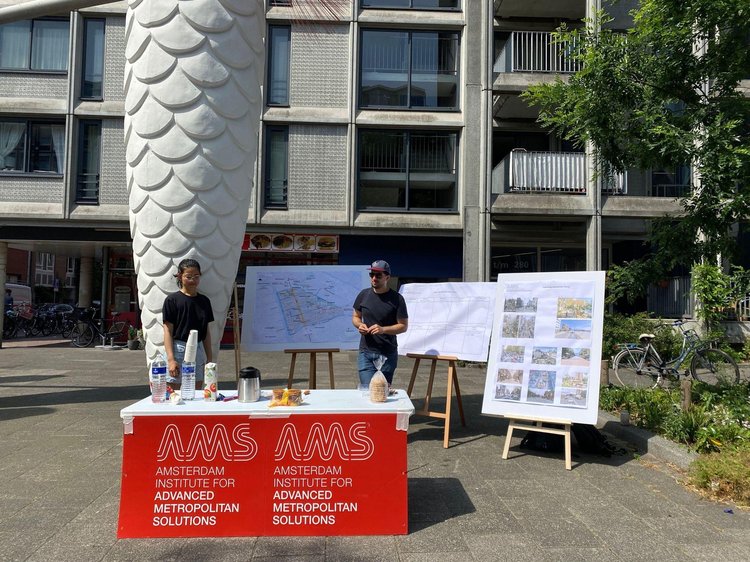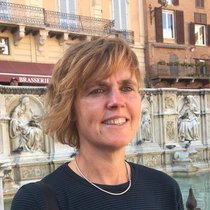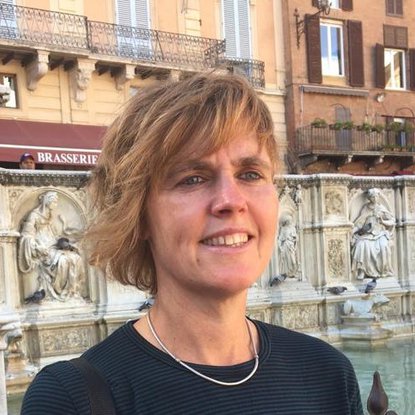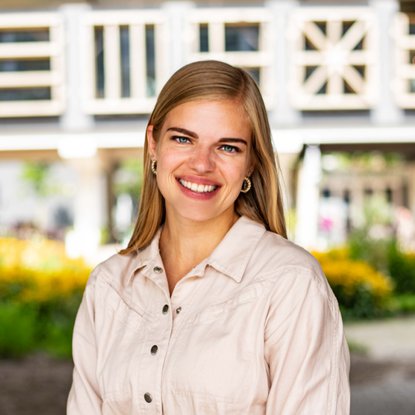In the final two months of the academic year, the first-year MSc MADE students delved into practical application, taking on the role of consultants to provide expert advice on urban challenges to two case owners: BOEi and Ovale Tafel Mobiliteit Amsterdam. This year's course brought together two teams of bright minds, each focused on tackling a significant case: "Re-Imagining Amsterdam Central Market Hall" and "Paving the Path to a Low-Car Amsterdam." With 25 students dedicated to the former and 23 students to the latter, each team formed four expert groups, conducting in-depth analysis and research on various critical topics. The culmination of their endeavors resulted in comprehensive synthesis reports, encapsulating the valuable outcomes of their work.
These projects serve as prime examples of how MSc MADE students are challenged to research and find innovative solutions to metropolitan challenges. The MADE program focuses on the metropolitan challenges of Amsterdam, using the city as a case study and a living lab. By connecting students to real-life cases, businesses, the city, and its citizens, the program cultivates hands-on expertise, preparing the students to confront the multidisciplinary challenges of today's and tomorrow's cities.
“In this course students work on a real-life case in which they will be confronted with the complexities that relate to different urban challenges. In doing so, they develop various skills such as project management and consultancy writing.”
Karin Peters
MADE Course Coordinator Metropolitan Solutions
Case 1: Re-Imagining Amsterdam Central Market Hall
The Centrale Markthal, nestled within the Food Center Amsterdam (FCA) terrain, is an architectural gem with a rich historical background. Tasked by BOEi, the challenge was to craft a viable business plan for the Centrale Markthal, encompassing the next 25 years while preserving its heritage value. The project was further intensified as BOEi sought to integrate the Centrale Markthal seamlessly into the fabric of society.
The students' vision for the Centrale Markthal focuses on transforming it into an innovative indoor public square that fosters vibrant community engagement. To achieve this, enhancing accessibility and visibility are paramount. Immediate stakeholder dialogue is imperative to address bridge infrastructure challenges and bolster surrounding connectivity.
The idea of flexible sitting blocks that can be located in the open spaces to foster spontaneous interactions on a human scale
Additionally, to cultivate a strong social connection within the Centrale Markthal, the students recommend establishing a board of residents and tenants. This board would guide short-term management, empowering the local community to actively shape the space according to their needs and preferences.
Case 2: Paving the path to a Low-Car Amsterdam
In response to Amsterdam's need for sustainable urban planning, the students have proposed a transition framework for a low-car city, with a specific focus on the Weesperstraat. The framework emphasizes inclusivity and minimizing exclusion during the transition process.
The students recommend implementing "quick win" interventions to catalyze the shift towards a low-car environment as part of this transition. Emphasizing speed limit reduction, safe bike facilities, and small-scale spatial improvements will help raise awareness about the benefits of sustainable transportation and encourage behavioral change.
Weesperstraat Amsterdam
Furthermore, the focus should be on enhancing alternative modes of transportation to provide users with attractive and sustainable options. Elevating these alternatives will empower individuals to embrace changes in the urban environment and reduce their reliance on cars.
As the initial interventions take root and car dependency lessens, the students propose introducing more restrictive measures. Gradual restrictions, such as reducing lanes and implementing intelligent barriers, will help transform the Weesperstraat into a more pedestrian and bike-friendly space while creating a healthier and safer environment for all.

Fieldwork: Paving the path to a Low-Car Amsterdam


